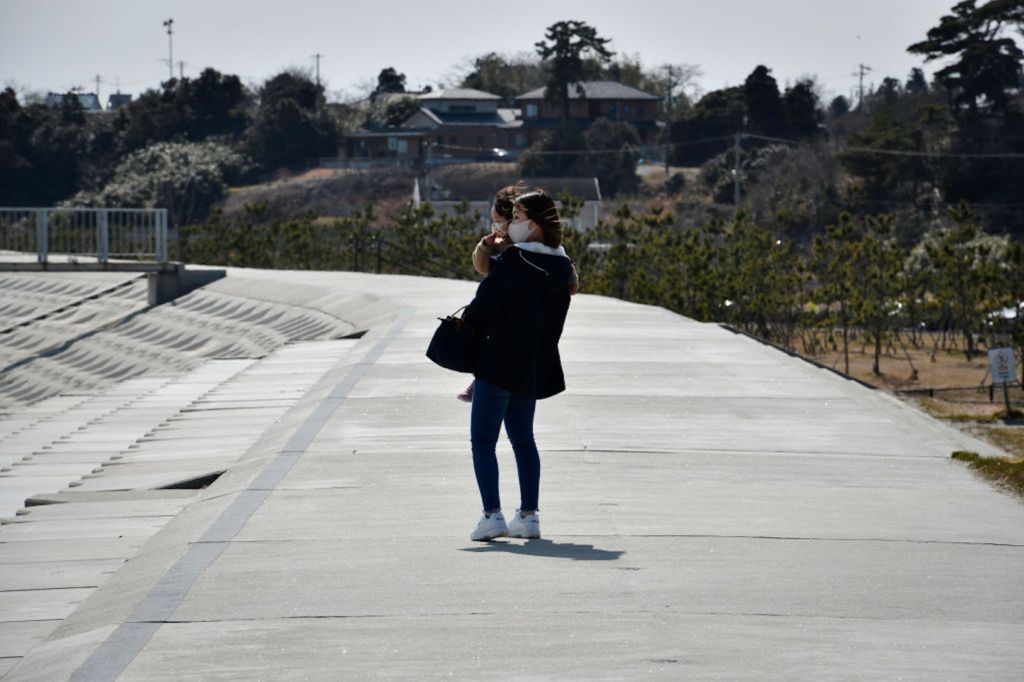Sexually amoral South Koreans got a boost earlier this year when the country’s Constitutional Court revoked a law that imposed a penalty of up to two years in prison for adultery — but a decision by the court on Tuesday affirmed that these cheaters have no right to divorce their spouses.
The case concerned a 68-year-old plaintiff identified by the surname Baek who left his wife and three children to move in with another woman 15 years ago. He has since had a child with his new partner but was unable to arrange a divorce with his separated wife, so he sued to get one in 2011.
Videos by VICE
South Korean law stipulates that the person responsible for a marriage’s failure isn’t permitted to file for divorce, though divorce settlements can be arranged with cooperating spouses. Lower court decisions upheld this statute and dismissed Baek’s suit because he had conducted an extramarital affair, but he and his lawyers challenged its legitimacy all the way to the country’s top judicial authority, arguing that a person should have the right to attain a divorce even if their partner does not wish to grant it.
South Korea is a conservative country that is still ironing out the legal parameters for marital infidels. The Constitutional Court’s decision in February to decriminalize adultery — which was the fifth time it had taken up the issue — was based on the idea that a person’s right to pursue happiness includes the freedom to conduct a private sex life and to sleep with whomever they choose. Critics of the decision feared that it would help undermine the family institution.
The sharp division of the court’s decision in Baek’s case, with seven justices ruling against six, suggests that the argument for freedom of choice in personal matters held considerable sway, but it was defeated out of concern for spousal and child welfare. South Korea still has no law that provides for alimony or child support in divorce; divorce settlements generally provide for this assistance, if they are agreed upon. If the court were to allow philandering husbands to divorce their wives outright, the court explained, this would potentially force many wronged women into financial difficulty.
“More than 77 percent of the couples here divorce after assuming some portion of blame, which is in effect no different from no-fault divorce recognized in other countries,” the justices said, referring to divorces that are granted after settlements are agreed. “Therefore, it is an excessive claim for men to seek a divorce after having an affair citing their right to freedom of choice and to pursue happiness.”
Despite the election of Park Geun-hye as the country’s first female president two years ago, gender inequality persists in South Korea. Data from the Organization for Economic Co-operation and Development shows that South Korea has the highest gender wage gap among the organization’s 33 member states, with a median wage disparity of 36.6% in favor of men. On the World Economic Forum’s 2014 Gender Gap Index, South Korea ranked 117th out of 142 countries.
South Korea criminalized adultery in 1953 to protect women at a time when they were generally reliant on their husbands financially and confined to domestic duties. Divorces could leave them stigmatized and vulnerable, facing considerable difficulty in finding employment or a new spouse. The adultery law was intended as a safeguard that granted women a measure of legal power over their husbands.
Photo via Flickr



